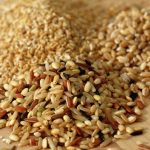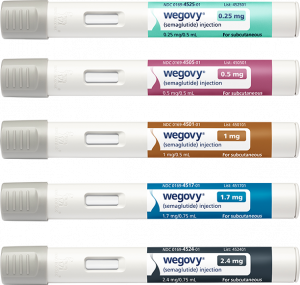
Celebrate spring with farm-fresh foods that usher in the season — asparagus, peas and watercress. They’re low in calories, have fresh flavor and are the perfect way to energize for warmer weather. Asparagus is the quintessential spring vegetable, high in iron, folate and vitamins K and A. Quick to cook and easy to pair with flavorful ingredients, asparagus can be a tasty side dish or the starring ingredient in a risotto or pasta main course. Asparagus is also great for digestive health, because it’s a pre-biotic, meaning it feeds the helpful bacteria that live in your gut. These good bacteria are responsible for everything from signaling your immune system and keeping digestion in check to producing vital B vitamins. When shopping for asparagus, look for spears that are free of blemishes and dry spots, and tips that are closed and firm. Use asparagus promptly — it can spoil quickly. Peas are high in fiber, vitamins C, K and B, and are easy to incorporate into many dishes. Watercress is a crunchy green with vitamin C, beta carotene, lutein, zeaxanthin and some B vitamins. It adds a peppery flavor to dishes and salads. Here’s a twist on a classic spring dish that showcases all these veggies and is deliciously creamy. Lighter Pasta Primavera 4 ounces whole-grain pasta 1 tablespoon extra-virgin olive oil 6 asparagus spears 1… read on >





































